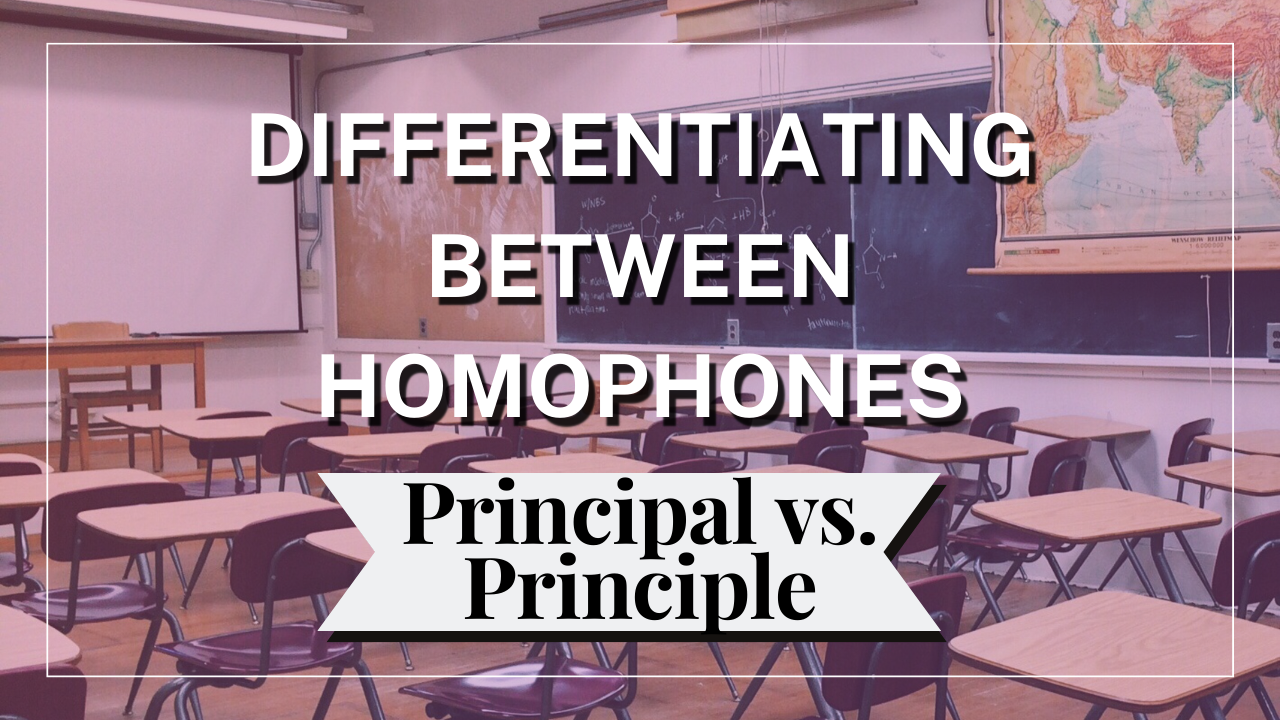The terms principal and principle are often used interchangeably, but they have different meanings and uses in the English language. While they sound similar and even have similar spellings, they have different definitions and uses. Knowing the difference between them can help you to use them correctly in your writing.
Principal is an adjective that means most important or foremost. It can also be used as a noun to refer to the head of a school or a person in a position of authority. For example, “The principal of the school is Mrs. Smith.” It can also be used as an adverb to mean primarily or mainly. For example, “He invested his money principal in stocks.”
On the other hand, principle is a noun that refers to a fundamental truth or law. It can also refer to a moral rule or standard of behavior. For example, “Honesty is a principle that everyone should live by.” It can also be used to refer to a rule or law that governs a certain area, such as “the principle of supply and demand.”
The main difference between principal and principle is that one refers to a person or thing (principal) and the other refers to a rule or law (principle).
Let’s look at some examples to further illustrate the difference between principal and principle.
If you were talking about a school, you would say “the principal of the school is Mrs. Smith.” Here, principal is referring to the person who is in charge of the school.
On the other hand, if you were talking about a moral rule or standard of behavior, you would say “honesty is a principle that everyone should live by.” Here, principle is referring to a moral rule or standard of behavior.
Knowing the difference between the two can help you to use them correctly in your writing.

